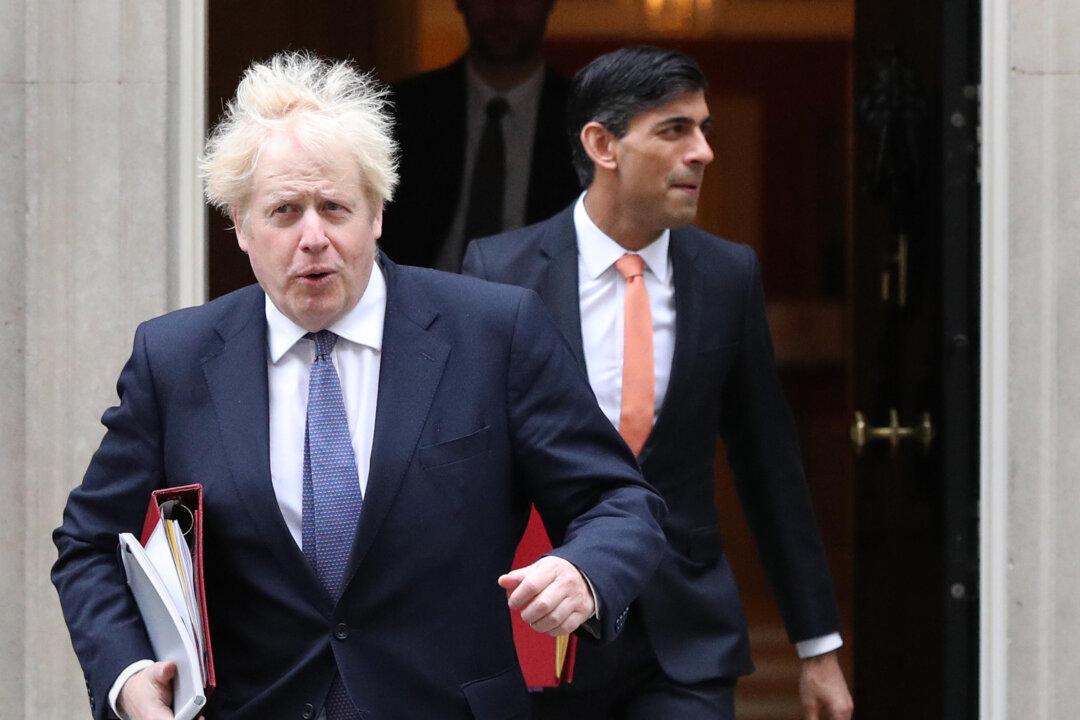Prime Minister Boris Johnson is under growing pressure from within his own party not to impose a manifesto-breaking national insurance hike to pay for social care.
Former Prime Minister Sir John Major on Saturday joined the Conservatives warning against the widely-expected move targeting workers and employers by arguing it is “regressive.”




